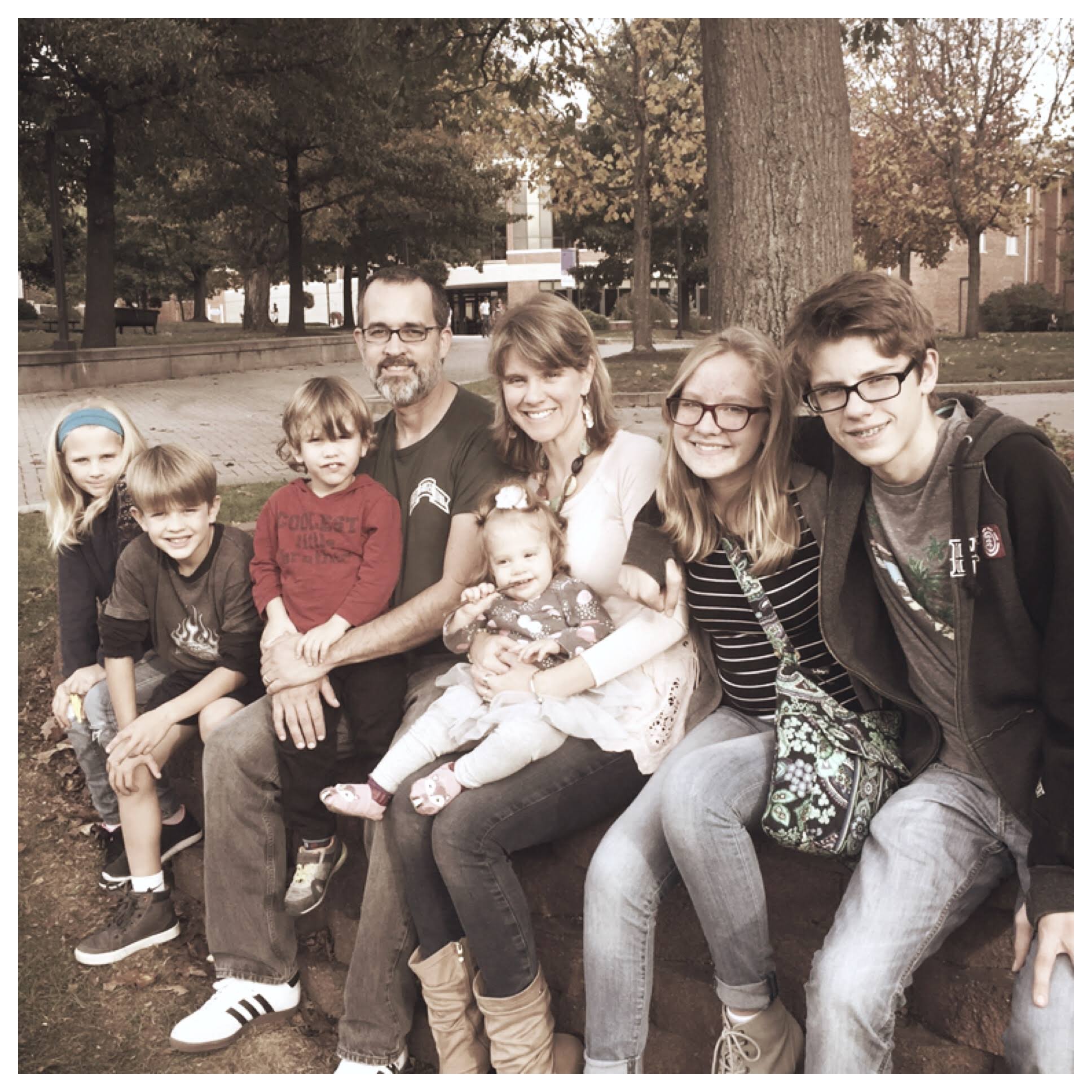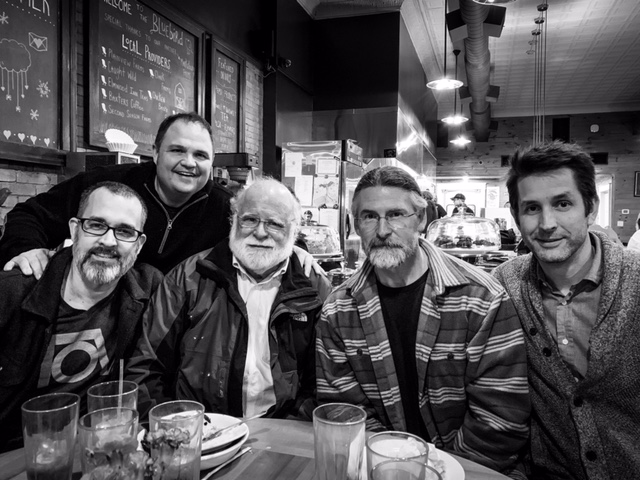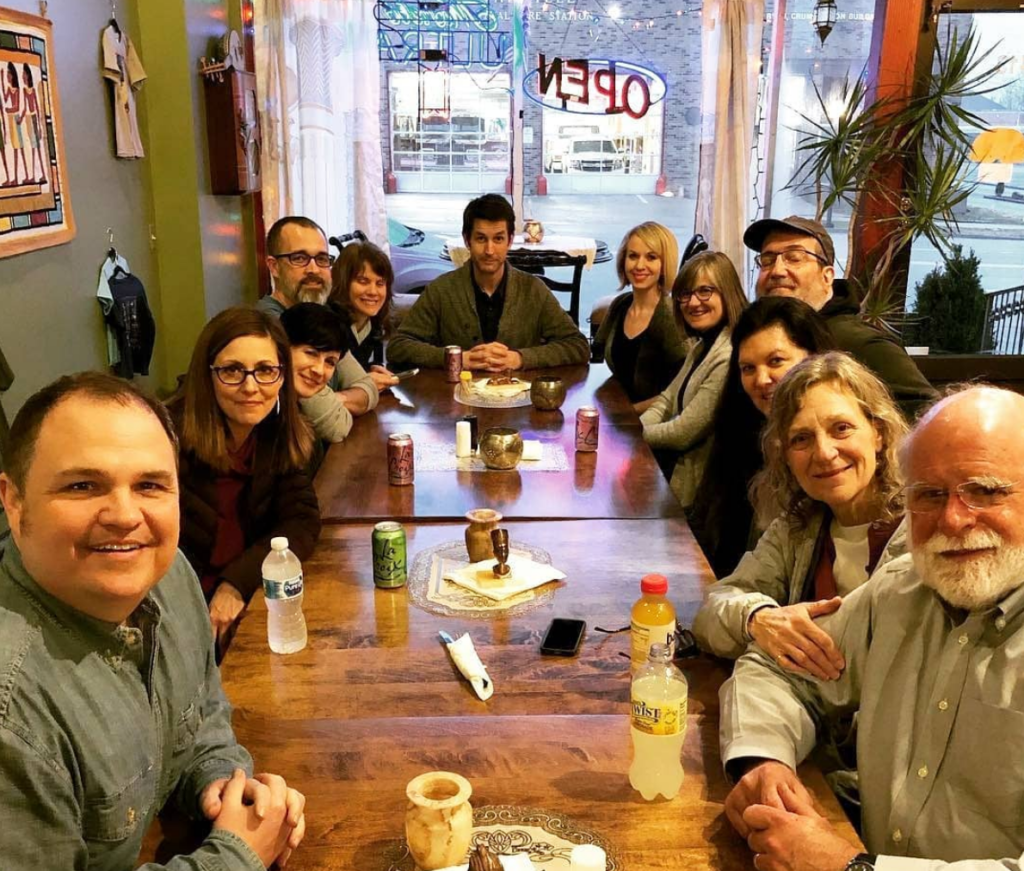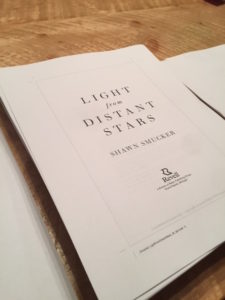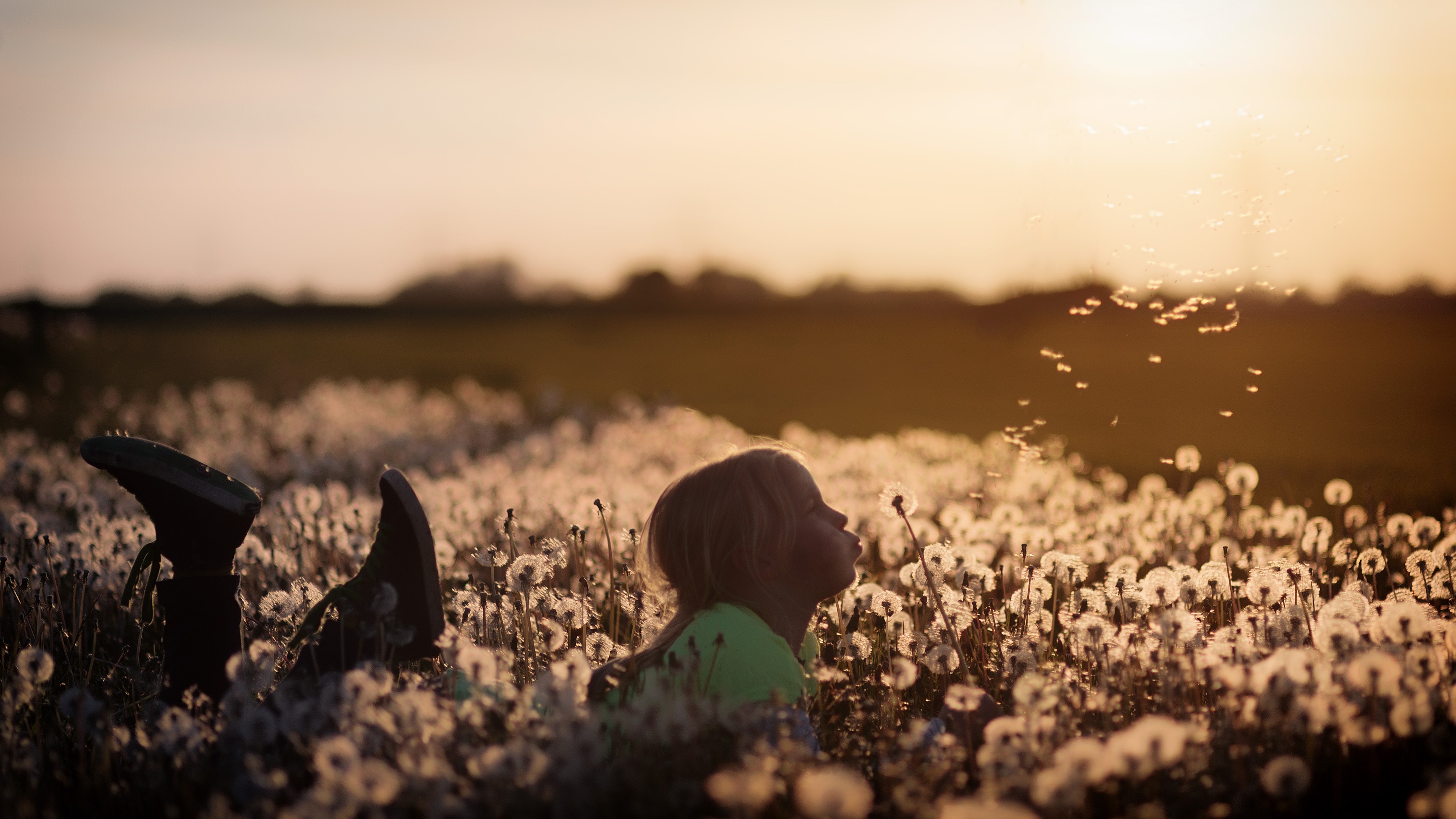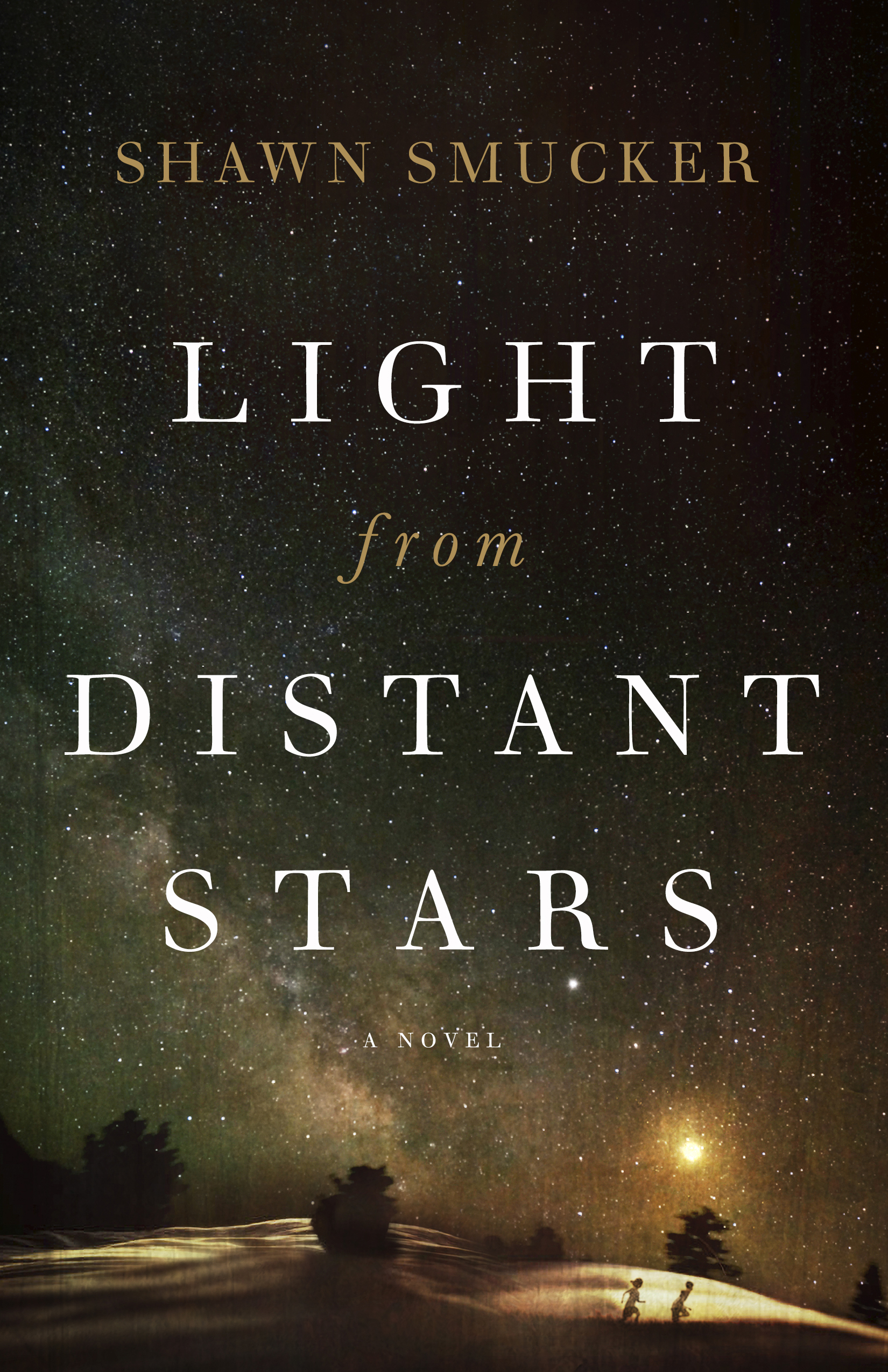
It’s late on a Friday night. Our two older kids are in the basement, watching a movie with a friend. Our two middle kids are in the living room, playing video games. Friday night is the one time of the week where we kind of back off the screen patrol and let everyone unwind. It works for us. You do you.
Meanwhile, I’m in the gliding rocker in the babies’ room, enjoying the peace and quiet and basking in the glow of my computer screen. I say babies, but Leo turns five this summer and Poppy will be three right behind him. In my honest moments, I have to face the fact that we don’t have babies anymore. This is a strange thing. Soon, Poppy will be potty-trained, and we’ll have put 15 years of on-again, off-again diaper-changing behind us. That’s a strange thought. Our first baby is almost a sophomore in high school. An even stranger thought.
When Maile is away, the sleeping life of our older three kids doesn’t change much. They go to bed in their own rooms, at bed time, and the world keeps spinning. But, when Maile is away, I end up sleeping on the floor in the babies’ room. So does Sam. So there are four of us in the smallest bedroom in the house, two of us on the floor (sometimes three if Leo crawls out of bed and decides to join us). But I love it. It’s warm in their room, and dark, and we keep a fan going. It’s a huge conglomeration of blankets and pillows and little bodies and sometimes I wake up with some little person’s stinky-sweet breath right in my face. Or a foot. Or a hand.
Someday, this house will be empty of everyone except Maile and me. Right now, it’s very full. I’ll take it.
It’s been strange, Maile away, on the road, getting ready to speak at a women’s conference in Orlando. I’m usually the one on the road. I’m the one who leaves, who comes home. This has been a good thing for our family. Maybe not for Poppy, who keeps asking, incessantly, “Where’s my Mama?” But for me, I get to see why Maile can’t always take my calls when I’m the one who’s away (laundry, kid-taxi, making food, changing diapers, baths, trying to find time to write, etc etc etc), or why she seems distracted when she does. I understand better why she is simultaneously excited for and annoyed with me when I do go away. I hope she gets to do this a lot. She’s done so much for all of us, so much for me, in the last twenty years. It’s long past her turn, and she has a lot to offer the rest of the world.
In about three months, my next book releases, Light from Distant Stars (do yourself and me both a favor and preorder it now). I can’t wait for you to read it. But to be honest, I haven’t been thinking about it too much, because I’m already deep, deep into writing the next one. Writing novels is a strange thing–I’m watching my writing evolve in front of my own eyes. Each one is a deep dive into something new, some alternate universe, and it changes me. Each novel sets the stage for the one that will come after it, in some tangible way. What a journey.
Well, I was going to work on that novel, but now I’m tired, and the fan is droning on and on, and Leo is asleep. I think I’ll just slide down onto the floor, vanish under a pile of blankets and pillows, and get some sleep. These kids are wearing me out.
Enjoy your weekend. Don’t forget, in the midst of this crazy life, to do something you love to do.
* * * * *
You can now get The Edge of Over There (sequel to The Day the Angels Fell) in paperback! Head here for a list of places where you can order it.

